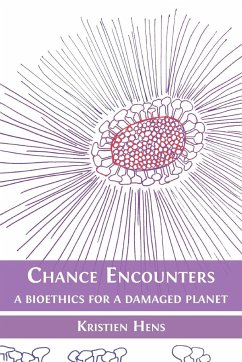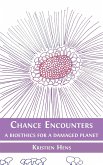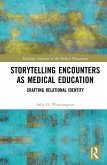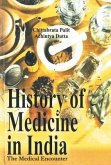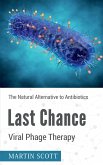In this rigorous and necessary book, Kristien Hens brings together bioethics and the philosophy of biology to argue that the role of the philosopher in scientific research is ethically necessary, and that it can also improve the quality and coherence of the research itself, ensuring that concepts employed, be it genes or autism or development, are used consistently and thoughtfully across interdisciplinary projects. She argues that chance and uncertainty play a central role in bioethics, and we must therefore focus as much on what we know as on what we create: in describing organisms and practices we make the world. As such, this is necessarily an ethical activity. Examining genetic research, biomedical ethics, autism research and the concept of risk, Hens illustrates that there is no 'universal' or 'neutral' state of scientific and clinical knowledge, and that attending to the situatedness of individual experience is essential to understand the world around us, to know its (and our) limitations, and to forge an ethical future. Chance Encounters: Exploring the Ethics of Life is aimed at a broad audience of researchers in bioethics, philosophy, anthropology, sociology, as well as biomedical and environmental scientists. It will also be relevant to policymakers, and the artwork by Christina Stadlbauer and Bartaku will be of interest to artists and writers working at the intersection of art and science.
Hinweis: Dieser Artikel kann nur an eine deutsche Lieferadresse ausgeliefert werden.
Hinweis: Dieser Artikel kann nur an eine deutsche Lieferadresse ausgeliefert werden.

